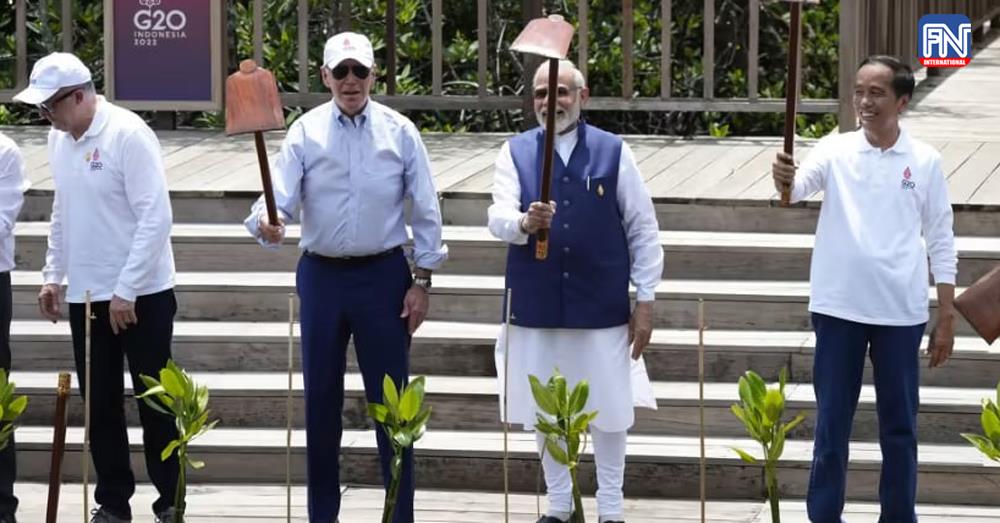SINGAPORE, Feb 6 (CNA) - The United States remains the top power in Asia, with China close on its heels but slipping due to COVID isolation, a study analysing the influence of players in Asia showed.
Southeast Asian countries are playing catch-up on the rankings, with the report calling the Association of Southeast Asian Nations (ASEAN) member states “more diplomatically dynamic than ever”.
The Asia Power Index, released by Australia-based think tank Lowy Institute on Sunday (Feb 5), scored 26 countries and territories in terms of their ability to exert influence in Asia, based on eight measures including economic, military and diplomatic capabilities.
Japan was ranked third after the US and China, with India in fourth place and Russia taking the fifth spot. These five countries have consistently been the top five most powerful nations in Asia since the index started in 2018.
Australia and South Korea took the sixth and seventh places, with Singapore, Indonesia and Thailand rounding up the top 10.
Most countries’ overall scores dropped over the last year due to long-term effects of the pandemic fallout. The institute said that many nations are now less resilient than before COVID-19.
China, while ranked second, weakened the most in its overall scores due to its strict zero-COVID policy and self-imposed isolation, leading to sharp declines in people-to-people connectivity and economic links with other countries.
This caused its economic capabilities score – its strongest indicator in the study – to plummet to its lowest since 2018.
The US widened its lead over China in the past year despite a continuing downward trend, taking the pole position in six out of eight indicators, emerging particularly strong in defence capabilities and alliances.
“The US has many durable advantages in Asia, one of which is its defence networks, which is far ahead of China,” Ms Susannah Patton, project lead for the study, told CNA’s Asia Tonight.
“At this point, China's advantage is really primarily in terms of economic relationships,” she added.
The US has led China in the index every year since the study was launched. However, Beijing has been gaining ground in recent years, taking advantage of proximity and connectivity to foster economic diplomacy with its neighbours.
China narrowly reclaimed the top position for diplomatic influence from the US, with Beijing wooing counterparts in Asia and the Pacific in the past year more actively than Washington did.
Ms Patton, who is also director of the Southeast Asia program at the Lowy Institute, said that Washington’s approach to Asia tends to focus on deep partnerships with a select group of allies including Japan, Australia, India, and South Korea.
China, on the other hand, has a much broader, albeit “potentially shallower” presence in the region, and has focused on courting relationships with more countries.
Beijing has also emerged stronger in its military capabilities compared with previous years.
While the study said that the US is “unlikely ever to re-establish a decisive lead” in the region due to China’s rise, Washington is still expected to be the most influential power in the region in at least the next few years as current trends show that Beijing is less likely to surpass the US by the end of the decade.
